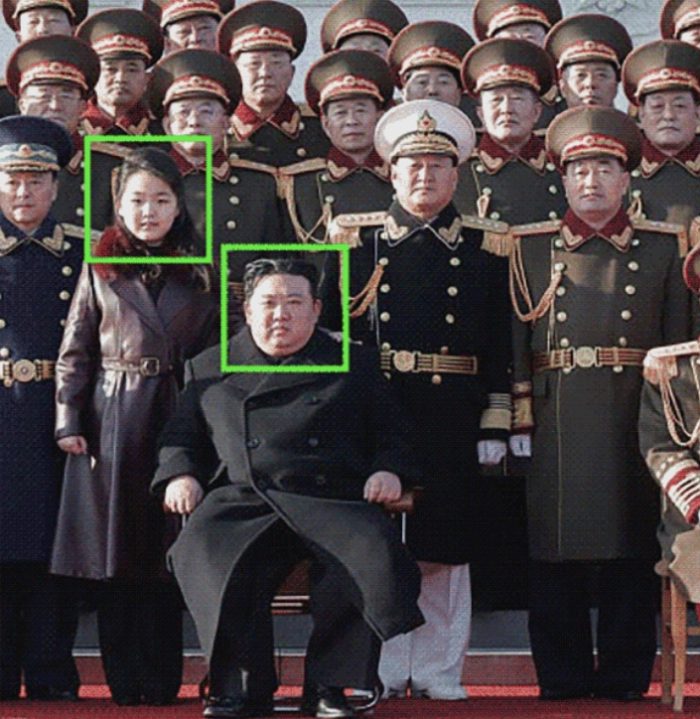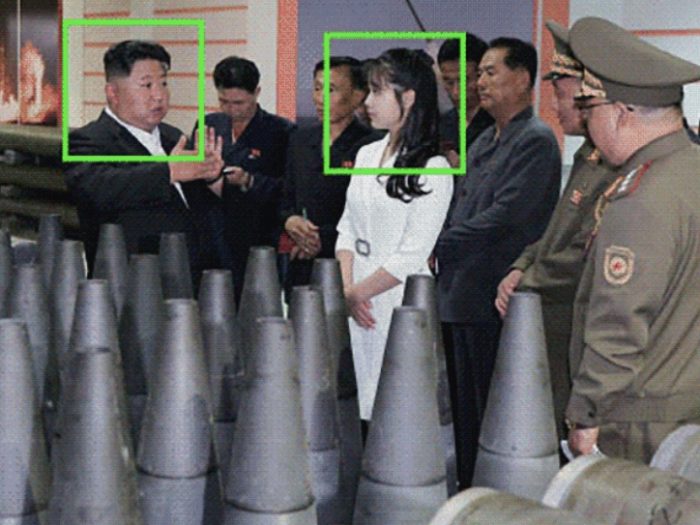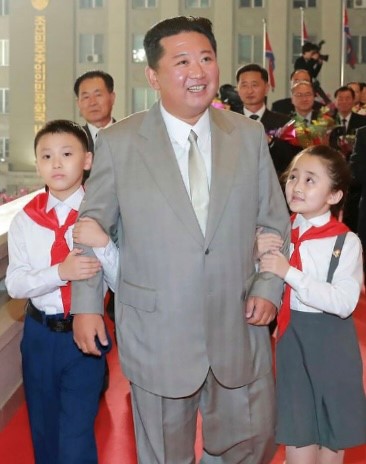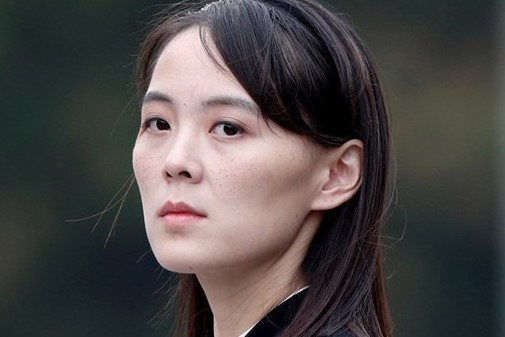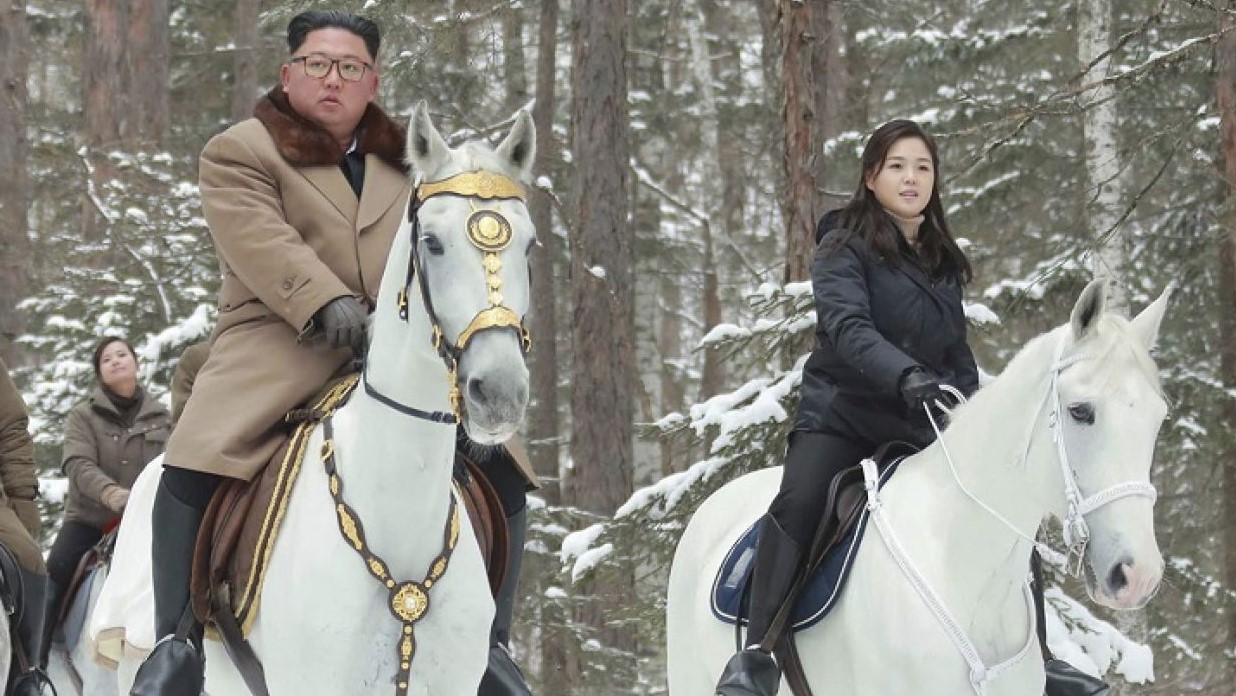Adrian Hong was born in 1984 in Tijuana, where his parents had immigrated from South Korea. His father was a Tae Kwon Do master who converted to Christianity and became a missionary. The family moved to San Diego when Adrian was six, but his father founded an orphanage in Mexico to which Adrian often returned, delivering donated supplies and helping to give aid to the homeless. Later, he conducted relief missions in Haiti and the Dominican Republic.
According to those who knew Adrian at the time, his motivations seemed less religious than humanitarian. Adrian, like his father, taught Tae Kwon Do and is a practicing Christian, but, when I asked him about his faith, he said, “I make it a rule not to discuss personal beliefs. I am more concerned about freedom of belief.” Adrian admired people who effected great change; among them Martin Luther King, Jr. Adrian loved King’s interpretation of the Good Samaritan parable, which tells us, when confronted with someone in need, to ask not “If I stop to help this man, what will happen to me?” but “If I don’t stop to help this man, what will happen to him?”
While attending Yale, Adrian became interested in the plight of North Koreans. In 2003, while visiting Los Angeles, Adrian, then a junior, was sitting with Paul (PK) Kim, a standup comic eight years older, at a café called Blink, on Wilshire Boulevard. They had met when Adrian invited PK to a campus event, and they often discussed starting an organization to help North Koreans. One of them looked up at the café’s sign, and decided to take the “B” out of the name and call the new group LINK—Liberty in North Korea. It was launched early the next year, at the Korean American Students Conference at Yale, which Adrian had organized.
Traveling to two or three college campuses a week, Adrian would give presentations about the horrors of life in North Korea, sometimes screening the documentary film “Seoul Train,” which follows defectors escaping to China. LINK was “ninety per cent Adrian,” PK told me. LINK sought out college students who, PK said, “need to be a part of something.” Adrian told me, “I built LINK on Xanga,” a blog-based social network then popular among Asian Americans, where he had been active since 1999.
Ki Hong Lee, a thirty-four-year-old Korean American actor who has appeared on the Netflix sitcom “Unbreakable Kimmy Schmidt,” met Adrian at an event in 2005, when Lee was an undergraduate at the University of California at Berkeley. “If you spend three hours with Adrian, he makes you want to become a better person, do things you never thought about doing,” Lee told me. Lee helped start a chapter of LINK at Berkeley, and eventually he and Adrian traveled to South Korea to volunteer for an outreach program called Project Sunshine, which tried to raise awareness of the suffering of North Koreans. “You don’t really call someone to say, ‘Hey, you know what’s going on in the world that is messed up?’ ” Lee said. “He was that person I could do that with.”
Adrian dropped out of Yale in his senior year, and set up LINK’s ad-hoc headquarters in Manhattan’s Koreatown, before moving it to Washington, D.C. By then, there were nearly seventy local chapters. A close friend who helped get LINK off the ground told me, “Adrian knew that sometimes you have to work outside a diplomatic norm in order to reach something meaningful.”
In 2004, George W. Bush signed the North Korean Human Rights Act, which made North Koreans broadly eligible for political asylum in the U.S. Two years later, Adrian and two other members of LINK traveled to Yanji, in northeast China, where they met four women and two teen-age boys who had escaped from North Korea and were hiding in an underground shelter. If the defectors were caught by Chinese authorities, they might be returned to North Korea, where they would be imprisoned in labor camps and risk execution. Adrian and the LINK workers accompanied them on a twenty-hour train ride to Shenyang, the site of the nearest U.S. consulate, to apply for asylum. But the consular officers turned them away, telling Adrian, over a phone line that had likely been tapped by the Chinese government, to go instead to the United Nations High Commissioner for Refugees in Beijing, some four hundred miles away. Adrian got in touch with the U.S. Embassy in Beijing, which also directed him to the U.N.H.C.R. Chinese police arrested everyone the LINK members were jailed for about a week before being deported; the North Koreans were detained for more than six months. After much pressure from LINK and other activist groups, the defectors were eventually freed and they flew to South Korea.
Adrian called the actions of the U.S. consulate “unacceptable and shameful.” In 2007, he wrote on the Web site Freekorea.us, “My experiences in December showed me that three years after the North Korean Human Rights Act has passed, nothing has changed on the ground for North Koreans.”
[Suki Kim, writing in The New Yorker] Read more below
